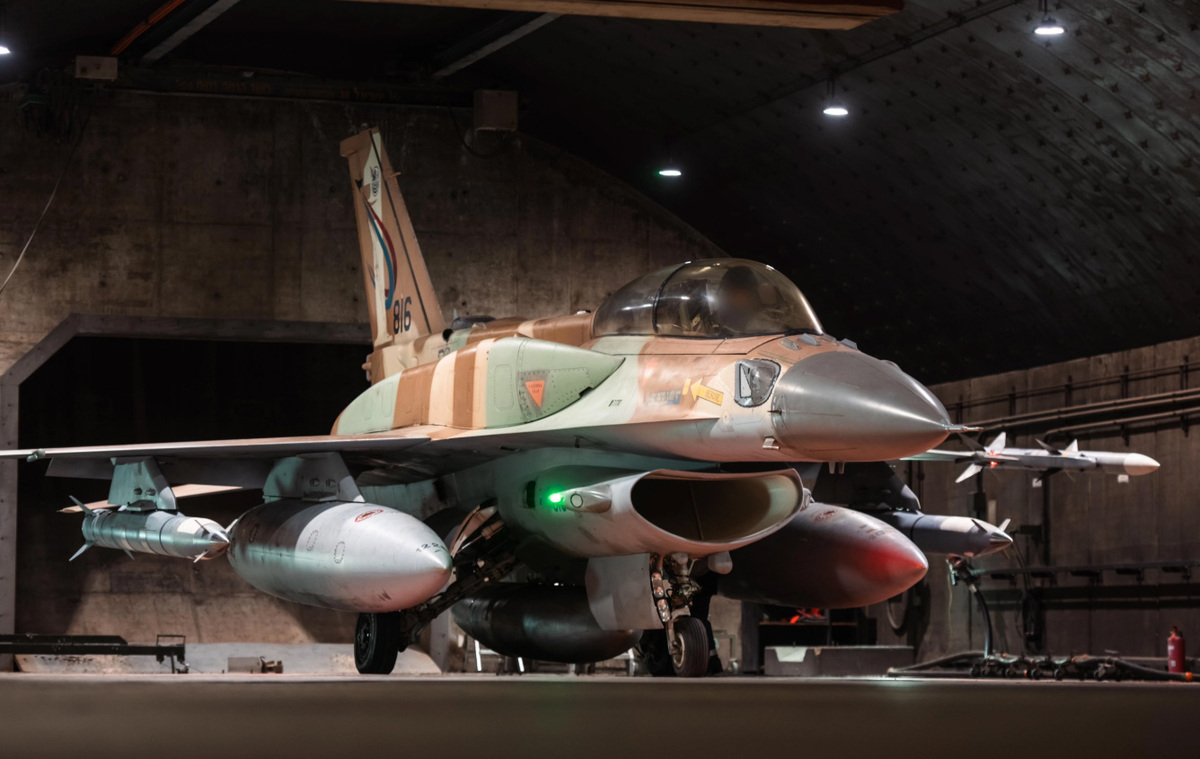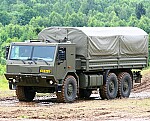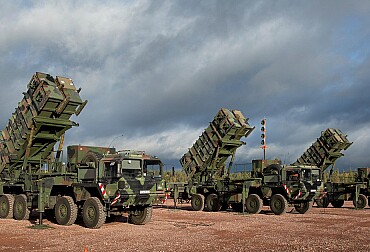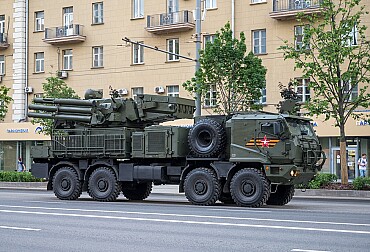Before the end of the year, Israel pledged to intensify operations against the Houthis in Yemen. Experts, however, suggest that an attack on Iran would be more appropriate
In recent days, Israel has expanded its military activities in the region to include Yemen, which is located 2,000 kilometers away, targeting the Houthi rebels. These new strikes against Iran-linked Islamists coincide with the Houthis' recent rocket attacks on Israel. In one instance, Israeli air defenses failed to intercept a missile, which subsequently injured two dozen people in a Tel Aviv suburb. Responding to these events, Israeli Prime Minister Benjamin Netanyahu promised severe retaliation against the terrorists. According to Israeli media, military leaders are now advocating for direct action against Iran.

In addition to areas such as Gaza, Lebanon, Syria, and Yemen, Israel is currently engaged in a multi-front conflict against radicals linked to Iran and Russia. Recently, it launched what is likely its largest attack yet against the Houthis, who, despite being 2,000 kilometers away, continue to pose a threat to the Jewish state with rocket attacks. Prime Minister Benjamin Netanyahu's cabinet has been planning a major coordinated strike in Yemen for weeks, alongside ongoing military maneuvers closer to home. This operation, occurring less than a week before Christmas, targeted not only the port area around the city of Hudaydah but also, for the first time, the rebel-held capital of Sanaa. The Houthis have reported at least nine casualties and significant damage, including the destruction of the last partially functioning power station supplying electricity to Sanaa, as well as burnt-out oil storage tanks.
عاجل مشاهد من محافظة الحديدة باليمن بعد قصف إسرائيلي استهدف منشآت نفطية pic.twitter.com/bMTuywWhNQ
— خبرني - khaberni (@khaberni) December 19, 2024
"After Hamas, Hezbollah, and the Assad regime in Syria, the Houthis remain one of the last weapons in Iran's axis of evil. They are already discovering—and will continue to discover—the hard way that anyone who harms Israel will pay a very high price," Israeli Prime Minister Benjamin Netanyahu said in a statement, according to the AP. He deployed dozens of aircraft, including 14 fighter jets, surveillance drones, and air tankers. Coincidentally, at the same time, Yemeni terrorists launched two missiles toward Israel, but the Israeli air defense forces intercepted them using the Iron Dome system.
Israeli missile defenses were less successful during a subsequent Houthi attack on the Saturday before the Fourth Sunday of Advent. In this incident, Israeli anti-aircraft systems failed, for reasons yet unknown, to intercept a missile. The missile struck a playground in the Jaffa district of southern Tel Aviv, injuring around 20 people, though none seriously. The explosion shattered windows and caused significant damage at the impact site. In response to this event, U.S. aircraft, among others, were deployed to conduct retaliatory airstrikes in Yemen. "CENTCOM forces have conducted targeted strikes to disrupt and limit Houthi operations, such as attacks against U.S. warships and merchant vessels in the southern Red Sea, the Bab al-Mandab Strait, and the Gulf of Aden," the U.S. military's CENTCOM regional headquarters stated on the X network, referencing the increased frequency of attacks on ships navigating the Yemeni coast, particularly during the first half of the year.
CENTCOM Conducts Airstrikes Against Iran-Backed Houthi Missile Storage and Command/Control Facilities in Yemen
— U.S. Central Command (@CENTCOM) December 21, 2024
TAMPA, Fla. - U.S. Central Command (CENTCOM) forces conducted precision airstrikes against a missile storage facility and a command-and-control facility operated by… pic.twitter.com/YRWWQJIweP
The Israeli government has declared that it will confront the Houthis with the same intensity as it does other branches of the so-called axis of evil, which is dominated by Iran in the region. Iran, among other activities, provides significant military and financial support to its proxy groups, including Yemeni Islamists. According to Israeli sources, this has led military and intelligence officials to advocate for targeting Iran directly, rather than focusing solely on Yemen, as they believe a retaliatory strike on Iran would be more effective. "We have to go after the head of the snake—after Iran. If we only target the Houthis, it is uncertain whether we can truly stop them," said Mossad intelligence chief David Barnea during a recent meeting with government officials, as reported by Israel's Channel 13 television.
Russia also appears to have played a significant role in the conflict. The Wall Street Journal recently reported that Russia has been providing the Houthis with critical data to enhance the targeting of their missiles and drones against commercial and military ships in the Red Sea. According to unnamed European defense officials, this satellite imagery was transferred to Yemeni rebels through representatives of the Iranian Revolutionary Guards, who themselves supply Moscow with drones intended for use on the Ukrainian battlefield.
The Houthis launched their attacks on Israel and a key global shipping lane following Hamas's invasion of Israel on October 7 last year. Since then, they have fired over 200 rockets and nearly as many drones at the Jewish state. Despite this barrage, the Israelis have recorded only one casualty during this period, as the majority of the missiles were successfully intercepted by Israeli air defense systems. In the Red Sea, however, the Islamists struck 100 ships, forcing most carriers to adopt a costly reroute around the entirety of Africa instead of passing directly through the Suez Canal. The Houthis have stated that they will continue their attacks until Israel withdraws from the Gaza Strip. Israeli sources suggest that a breakthrough on this issue may be imminent, as Hamas has been compelled to provide evidence that some of the Israeli hostages—whose release is the primary condition for halting Israeli military operations in Gaza—are still alive.








